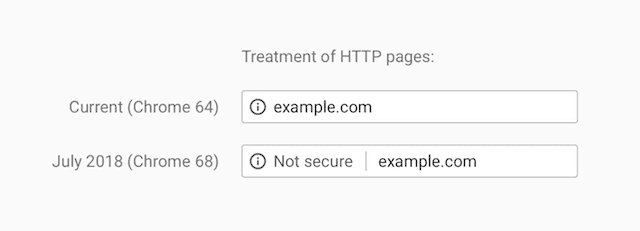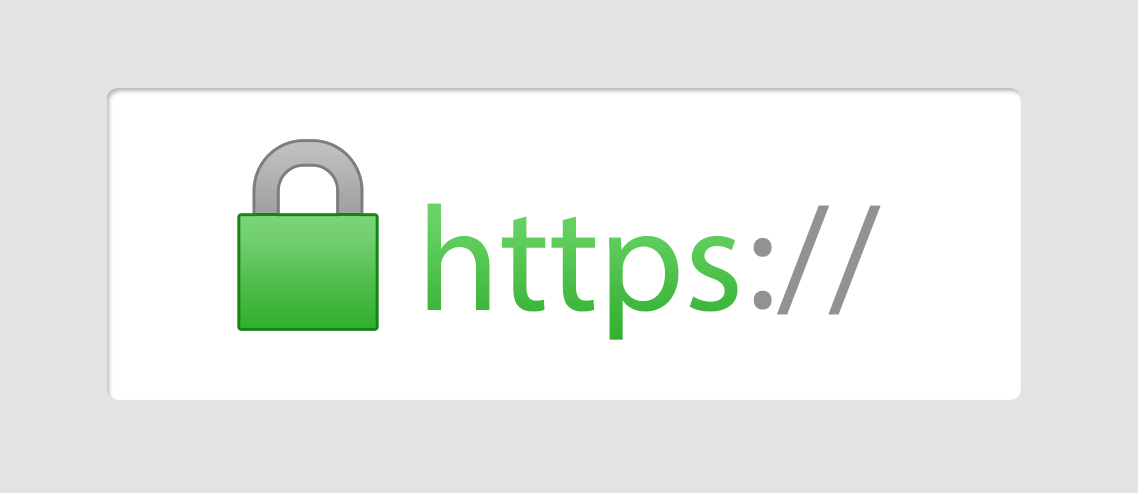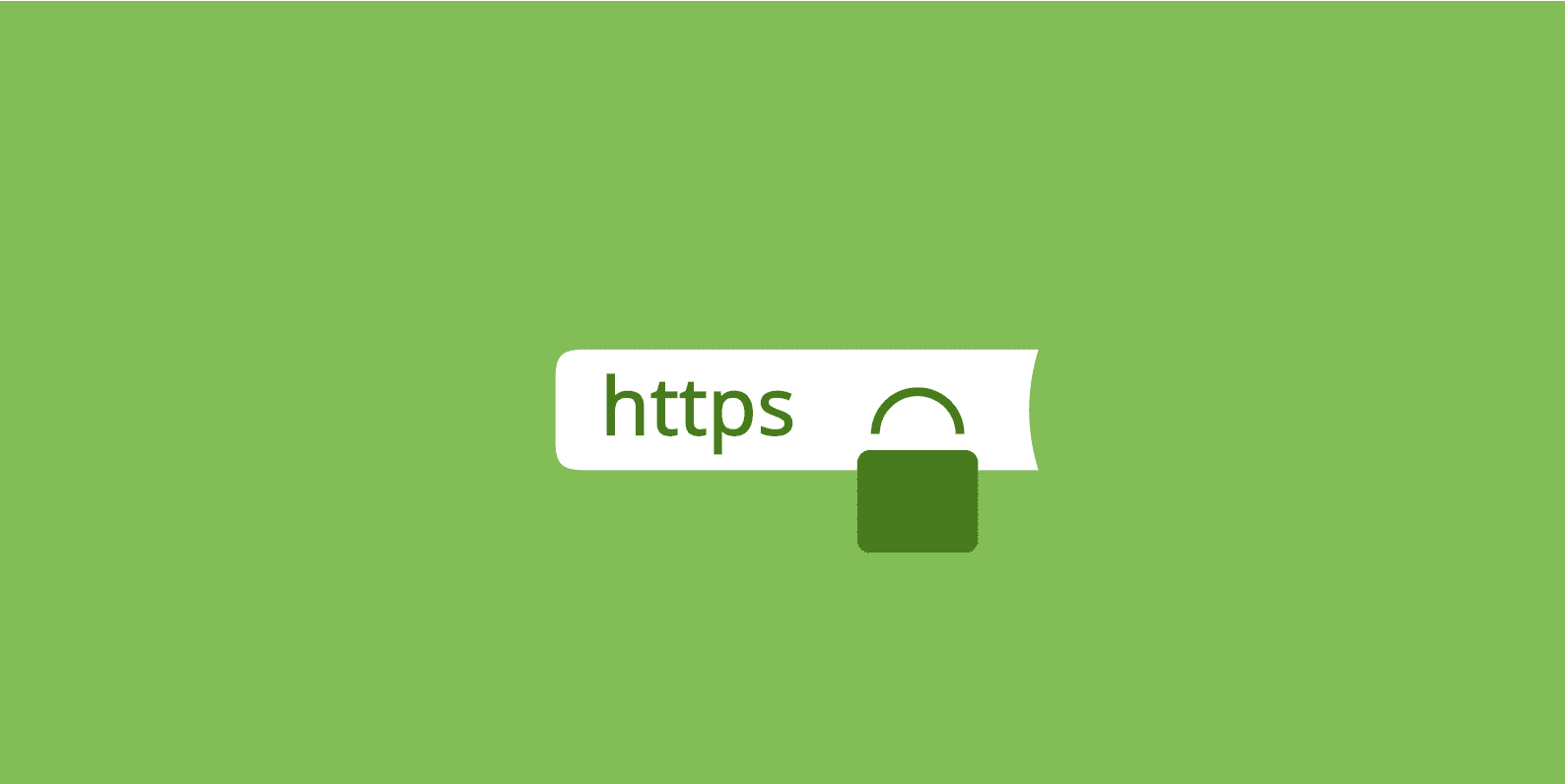Google to mark HTTP pages as “not secure” from July 2018
How secure is your website? If you’re collecting sensitive customer information like passwords or credit card information, or even if you’ve got a contact form that can be used by customer to send you messages what are you doing to ensure and reassure customers their information is safe with your business?
What’s HTTPS?
HTTPS is the acronym for Hypertext Transfer Protocol Secure. It is a protocol used for secure communications over a computer network, like the internet. Communication over HTTPS is encrypted between the client and the server so eavesdroppers don’t listen in, no one messes with the data, and your website data isn’t forged.
And what is SSL?
SSL is the acronym for Secure Socket Layer and is often used interchangeably with the term TLS – Transport Layer Security. Both are cryptographic protocols that help encrypt communications over a computer network. Typically, if a website wants to encrypt the transmission of its data between the server and the client, they would purchase an SSL certificate that contains an encryption key that is placed on the server.
Who should make the switch to HTTPS?
The short answer is: Everyone
If you own a small business website, HTTPS can prevent intruders from being able to passively “listen in” on any communication between your site and your customers or website visitors.
Is SSL necessary for B2B websites?
The answer for most B2B websites, and most B2C websites is “yes, you need HTTPS”. If you:
- Have a contact or enquiry form
- Accept payments (directly or via a third-party provider such as Paypal or Stripe)
- Collect any other kind of personal information via your website – e.g. for callback requests
- Have a members area or other area on your site that is accessed using a username and password
Then you need to protect that information, and an SSL certificate allows you to do this by making your site HTTPS enabled.
Should I install HTTPS for a blog?
Again, for most blogs the answer is probably “yes, you will need HTTPS”. Things such as contact forms and comment sections are prevalent on blogs and you need to ensure the any information transmitted via these methods is protected. To do so, your blog will need an SSL certificate to enable HTTPS on your blog.
What next?
As you can see, there are many reasons to comply with Google’s HTTPS requirement no matter what type of website you have as if your site isn’t HTTPS enabled visitors will see a warning:
On top of a small boost in search rankings, increased security and credibility online, you also get a pretty lock symbol that immediately tells visitors your site is safe and secure.
Your customers need you
It’s not just Google that wants a more secure web. We all do, your customers included! So if the search giant is encouraging “all website owners to switch from HTTP to HTTPS to keep everyone safe on the web,” it really is time to make the move.
Get secure…
Get in touch to find out about SSL certificates and HTTPS website hosting!


